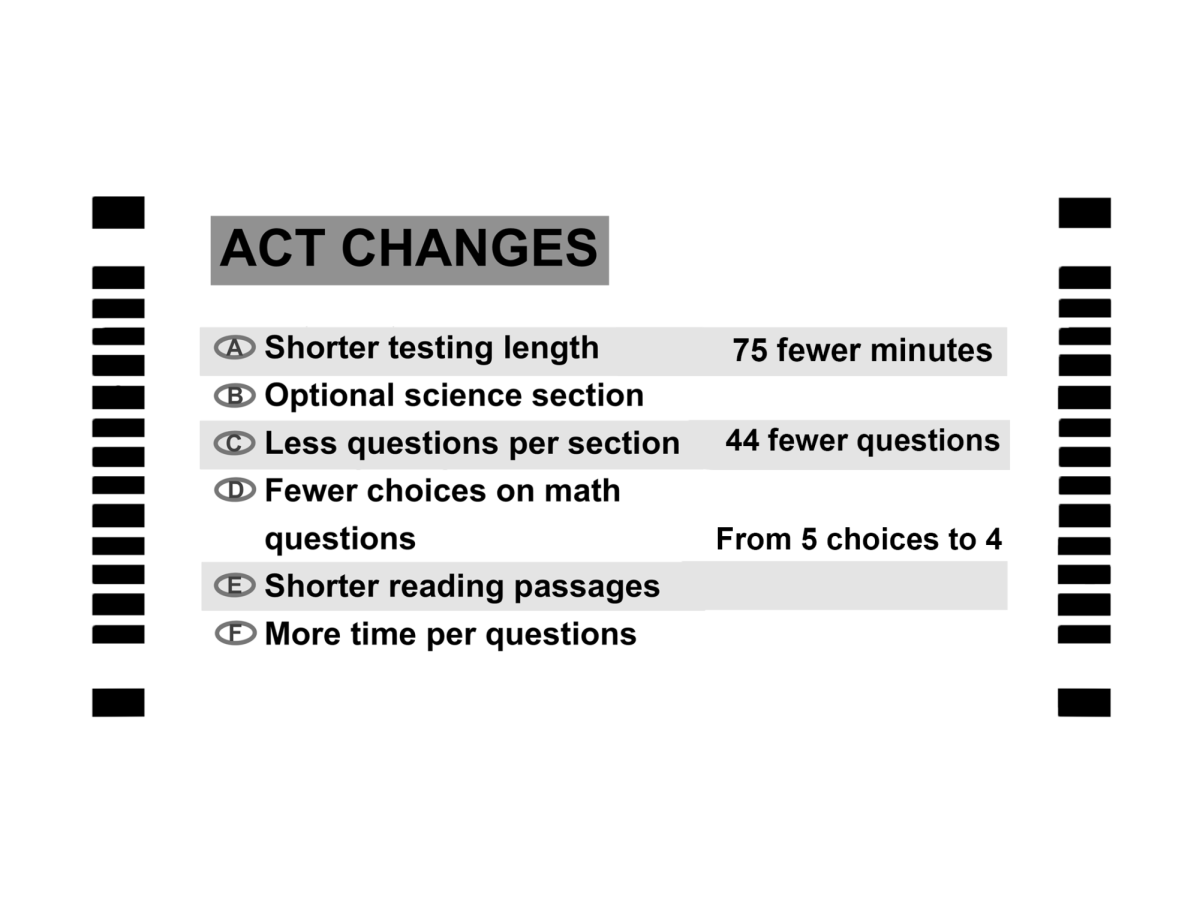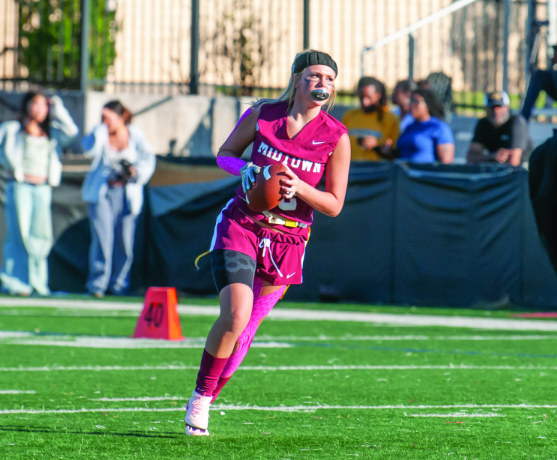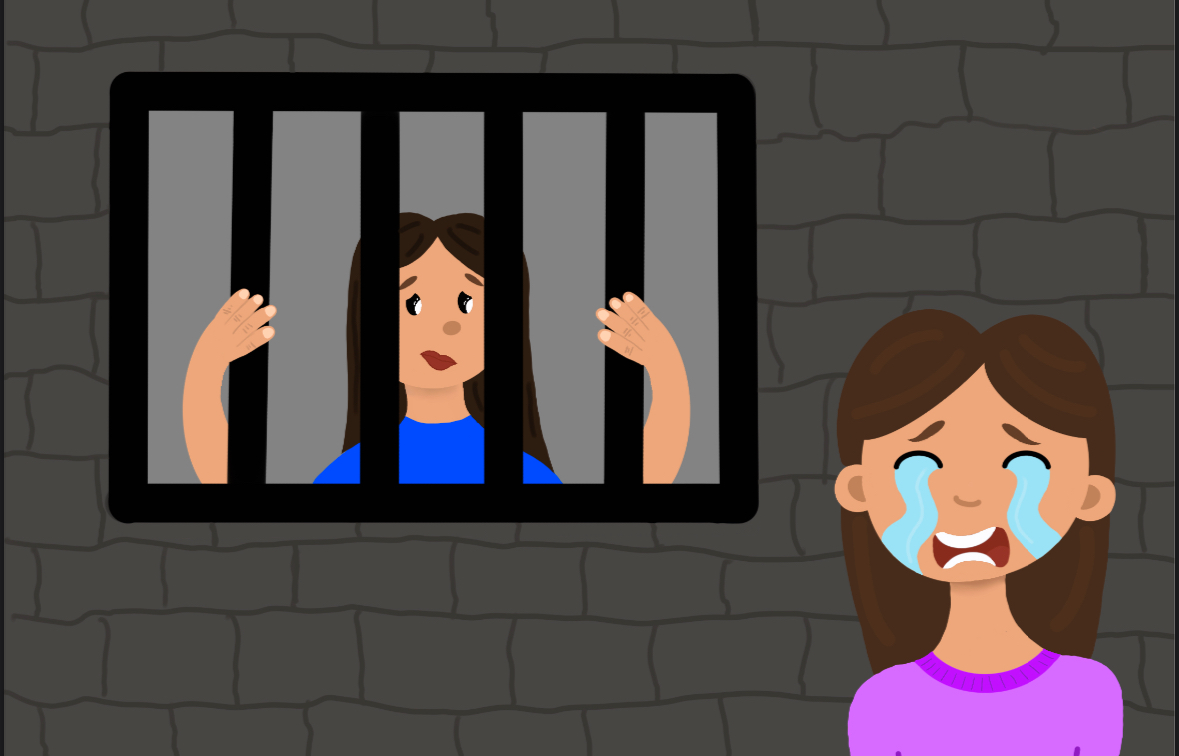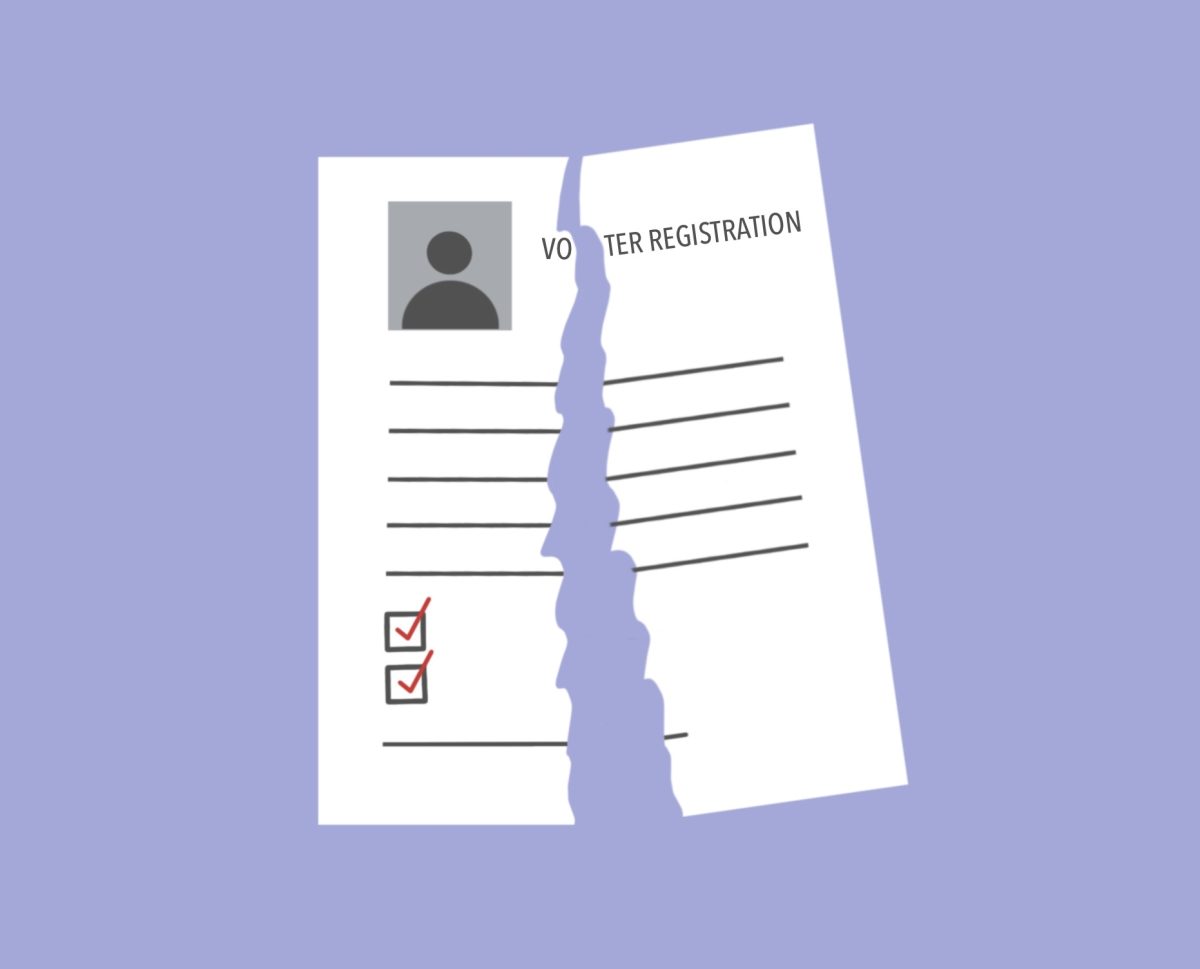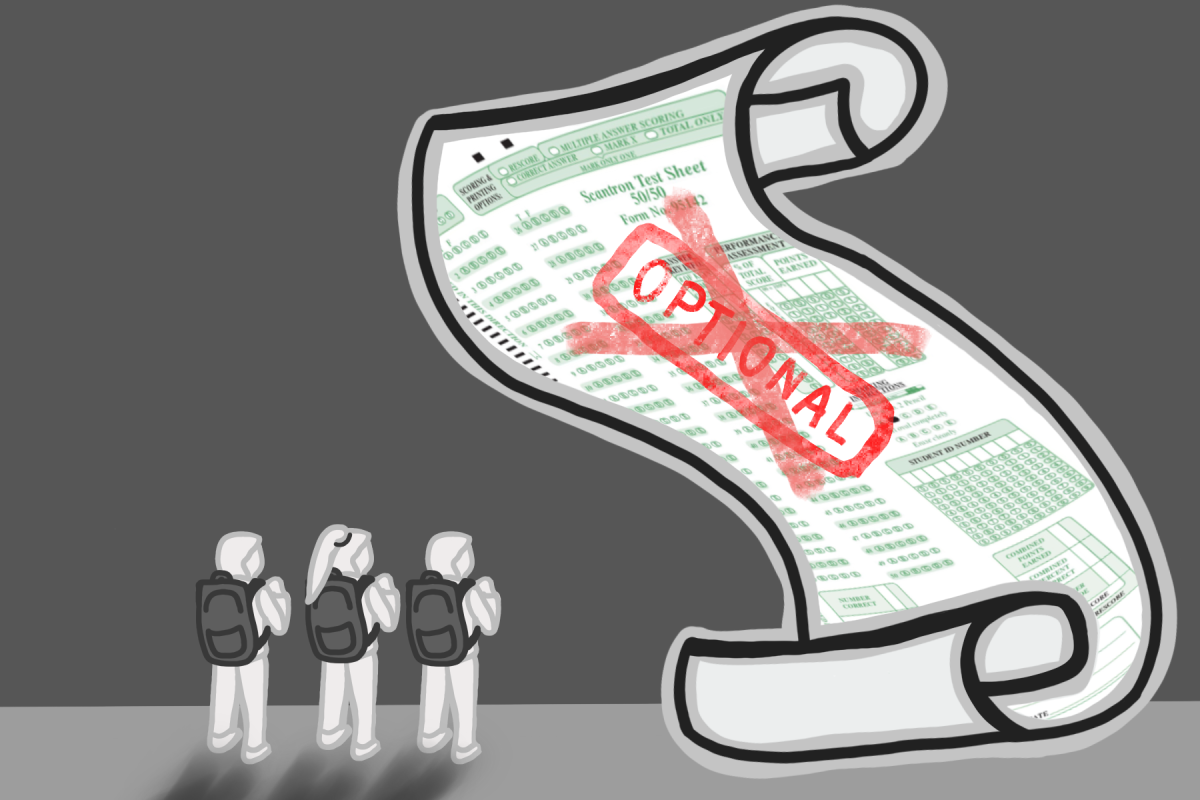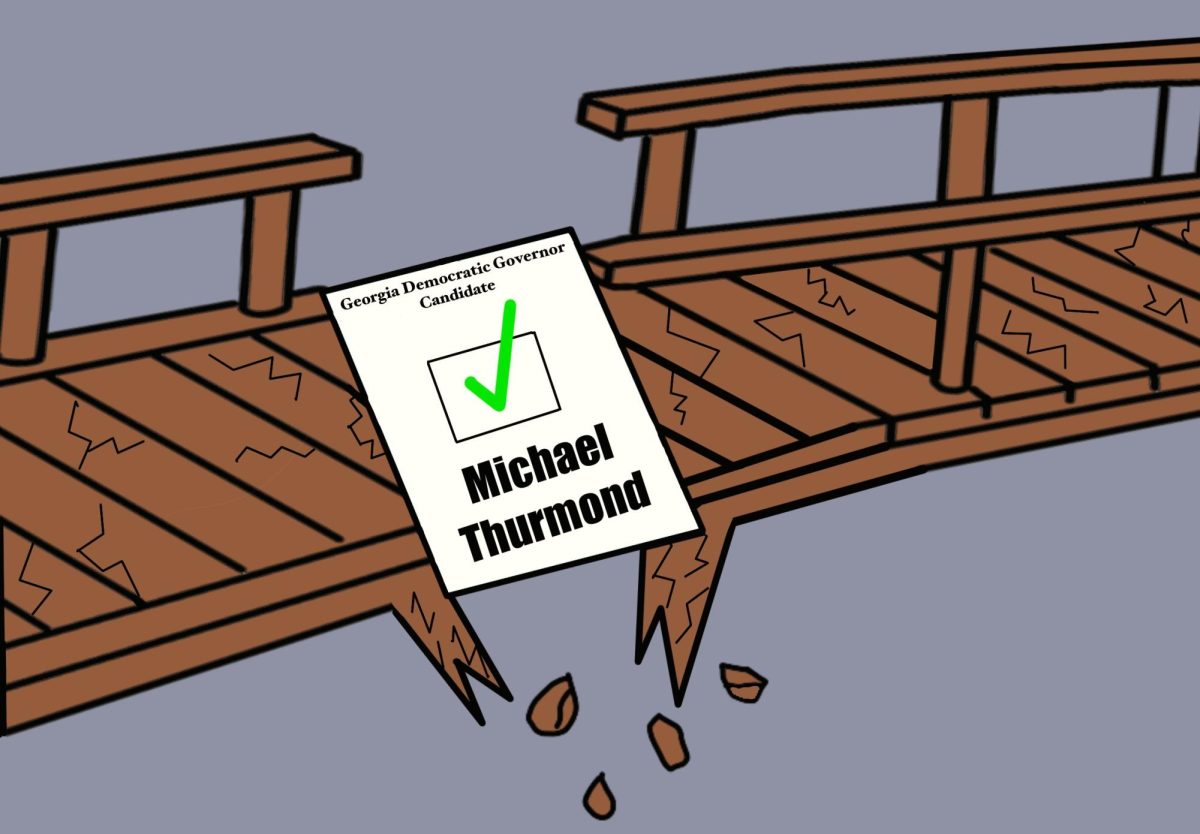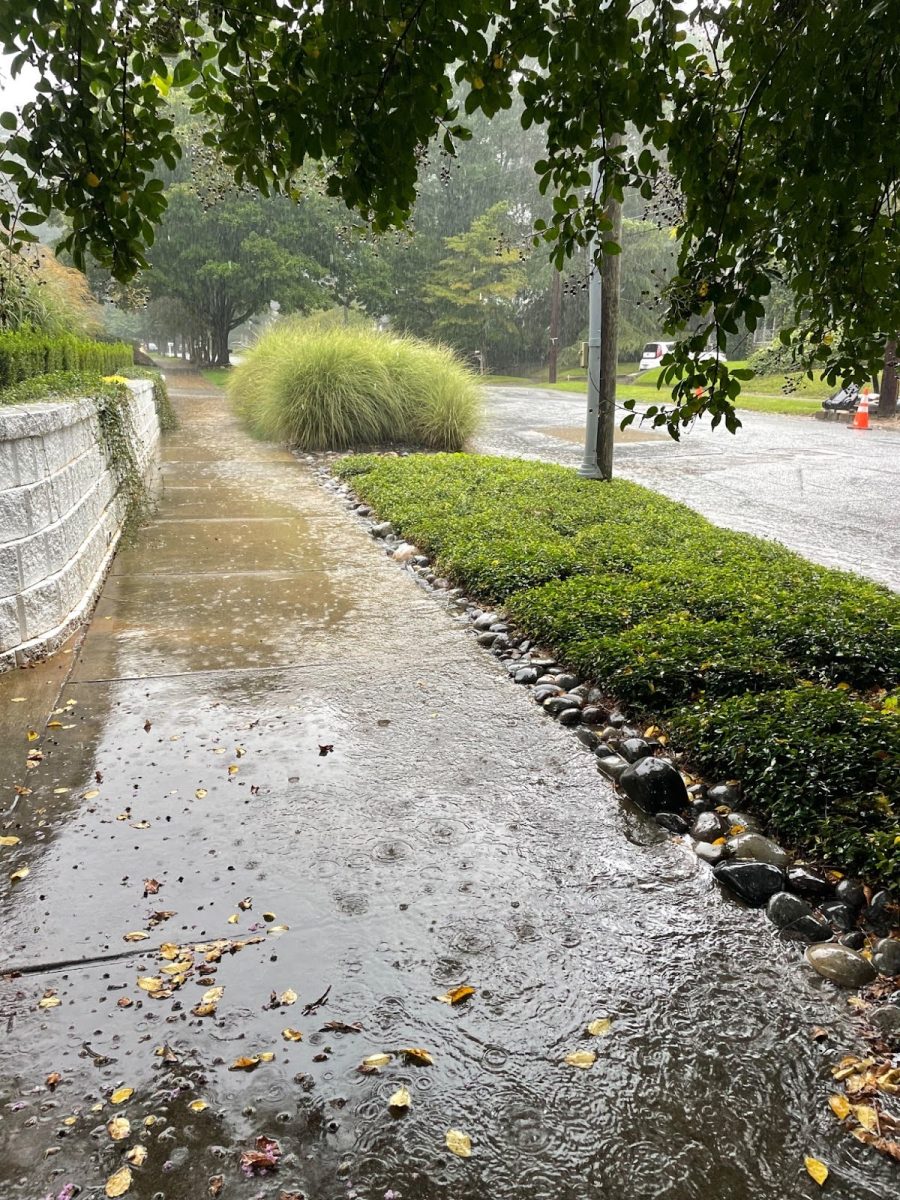Senate Bill 351, the “Protecting Georgia’s Children on Social Media Act of 2024,” is seeking to reduce usage of digital platforms during school, with several provisions, including new curriculum and parental consent.
The bill currently only has the partisan support of the Republican Party, which AP Literature teacher Lisa Boyd believes makes students subject to partisan opinion.
“It seems very ambiguous,” Boyd said. “It seems like the law is playing to parents in the same way that the book-banning laws are playing to parents, that parents control decisions about their children. I don’t think the details have been thought out; the ideas are there because it’s a nice political message for a conservative message. But, I don’t think it’s like the details are there.”
Boyd believes social media needs to be regulated in the classroom because of the dependency students have on their phones, but also recognizes the benefits access to technology can bring.
“I think technology, when we can harness it and use it effectively, is useful,” Boyd said. “It’s important for students to have access to more cutting-edge issues, and current news and those kinds of things that are vital for their education. The problem right now in terms of teaching and learning is that teachers end up spending way too much time policing students’ phones, and what they’re doing in class, and students are spending way too much time distracted by their phones, especially their social media accounts.”
Junior Emmie Snead said the parental oversight included in the proposed bill will limit the personal freedoms of students.
“I think for the kids with parents that are strict and don’t let them use social media, [the bill] is going to kind of take away a lot of their freedom with their phone,” Snead said. “Then the kids whose parents don’t care about that kind of thing, who might not be as strict with grades and are less restrictive parents, I think they might grant [parental consent], it just depends from one person to another. I do think in the long run, it’s going to limit a lot of students’ abilities to talk to their friends to make plans, or just use their time how they want to use it.”
One part of the new legislation is implementing a new curriculum to educate students on social media by local school boards for the 2025-26 school year. School board member Katie Howard said it is important to teach these skills from a young age.
“We’ve seen it working in some other school systems, [because it]incorporates life skills around using social media into a life skills course and curriculum,” Howard said. “ Also making sure that teaching students from a very early age with social-emotional learning the importance of respecting each other, acknowledging differences, how to work through problems, conflict resolution, and the dangers of putting things out on social media, is really [important to teach] through social-emotional learning.”
Snead believes the added curriculum would not be effective and eat into valuable instructional time.
“I don’t think it’s going to be a very good use of our time,” Snead said. “I believe if a student wants to be on their phone, they’re going to find a way even if you tell them to get off their phone. You take class time away from teaching when talking to the class about social media, I feel like that would just be a little bit pointless, because if a student cared that much, they would probably already know the positives and negatives of it.”
Additionally, the bill aims to revise cyberbullying laws. Howard believes the district needs help correcting this nationwide issue in the district.
“[Bullying] is an issue nationwide that needs to be addressed,” Howard said. ”School systems throughout the nation are struggling with how to educate students on the importance of not participating in cyberbullying, how dangerous it is for everybody, and what it can lead to. It is an issue that we need help with in APS, all school systems do.”
The bill also includes potential disciplinary measures if students or school personnel violate the social media policies. Howard believes the measures should be more focused on preventative actions.
“I am always concerned about not addressing the root cause of things that are done, and just being punitive,” Howard said. “Right now, the focus is educating and addressing root causes. The resources, like having a team that’s specialized in this, are on schools to understand how to identify potential threats or things that are going on and educate students about the use of social media and cyberbullying and all these things. That’s where I focus on the disciplinary piece. School systems do have autonomy around these things, but I see where the state is trying to crack down on something. I’m not saying we shouldn’t take it seriously. But we need to be more preventative than reactionary.”
Howard said the bill has important points, but they need to be implemented in a way that allows for the benefits of social media to be used.
“With this bill, I think there are some important things that are brought up,” Howard said. “It’s just how we go about addressing those things with oversight and accountability without unnecessary overreach and providing systems with the support they need to best support their students and also not potentially hamstringing the use of social media for things that are good.”


